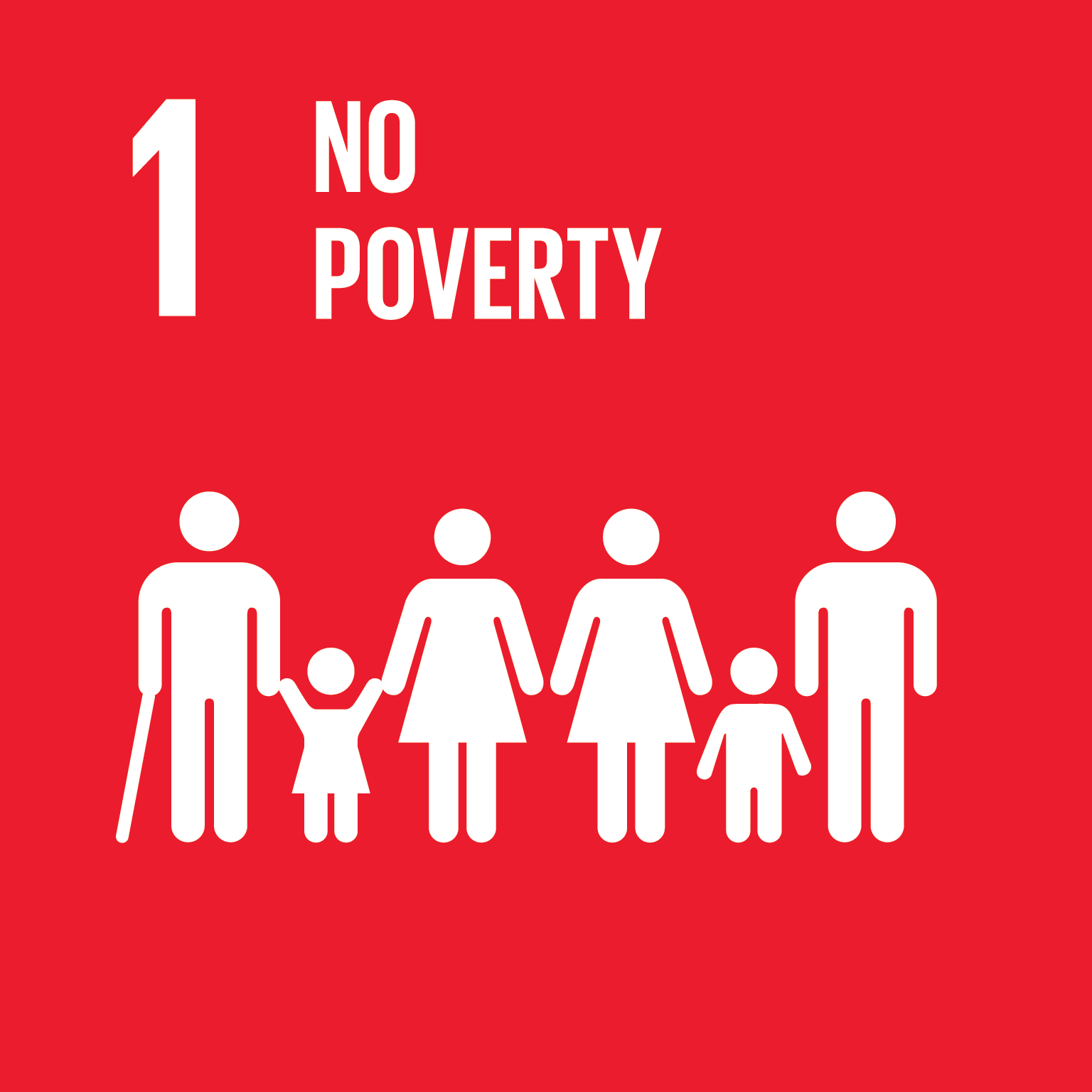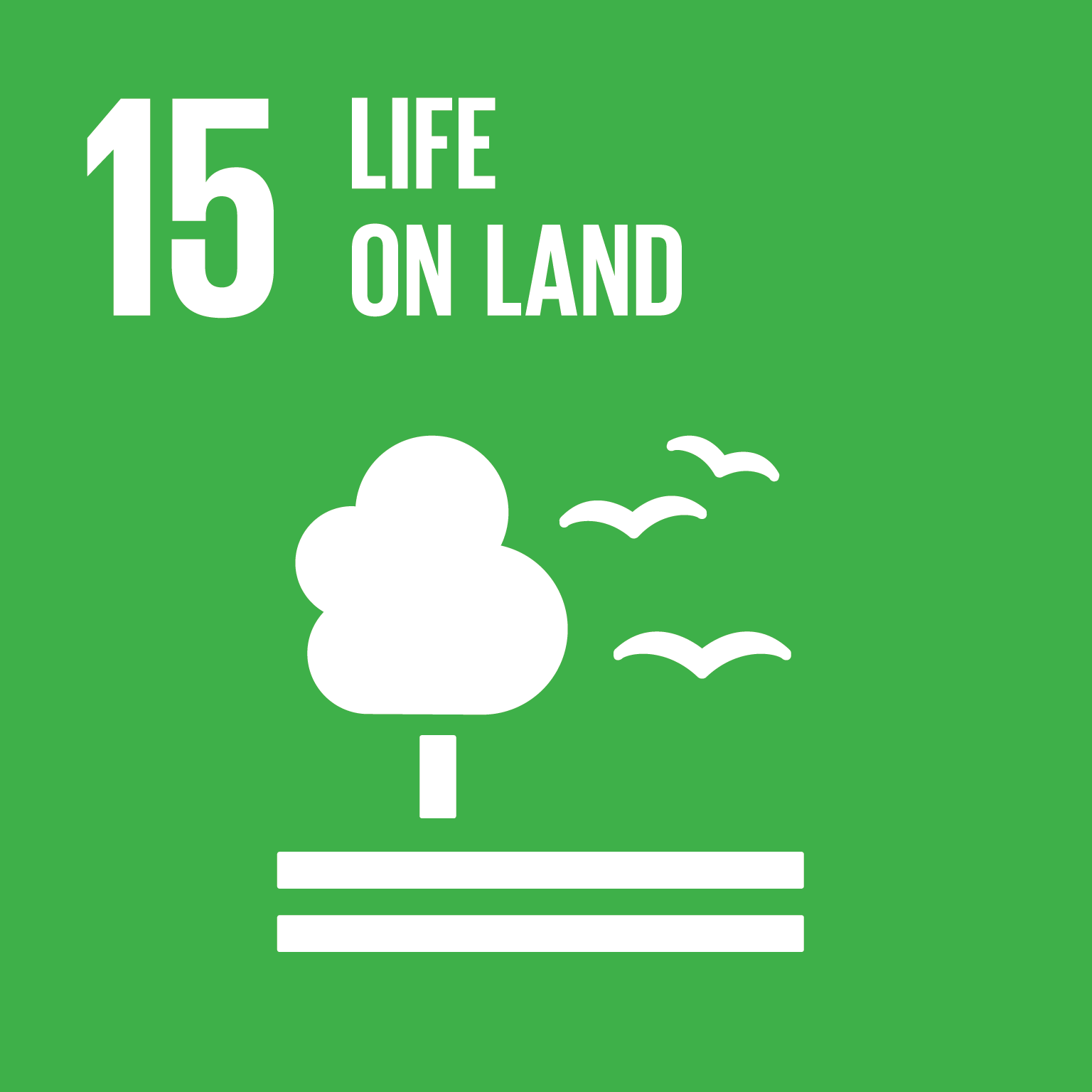We are facing enormous global challenges - how to feed a growing population with sustainably produced food under the reality of climate change. With new opportunities presented by a worldwide shift towards plant-based diets, and plant-based proteins, we need high quality horticulture students, who will become national and international leaders and global decision makers.
Horticulture is focused on Healthy People, Healthy Plants, and a Healthy Planet. The Horticulture degree is science-based, and centred on sustainable production of food and ornamental plants. It also focuses on biodiversity protection and conservation, climate, soils, national and international plant trade, invasive plant species management and landscape design. The degree teaches the science and practice of growing food and non-food crops, and developing and maintaining landscapes. In the early stages, you will concentrate on science subjects, and in later stages, you will develop horticultural expertise with specialist horticulture modules.
Career opportunities include business and management in horticultural enterprises, or you can progress to a taught Master’s degree or research Master’s and PhD degrees. Your transferable and problem solving skills will make you highly employable in multiple other industries.
The Horticulture Science Programme aligns with many of the UN Sustainable Development Goals including:
- Zero Hunger (SDG 2)
- Good Health and Well-being (SGD3)
- Quality Education (SDG4)
- Responsible Consumption and Production (SDG 12)
- Climate Action (SDG 13)
- Life below Water (SDG14)
- Life on Land (SDG 15)
- Partnership for the Goals (SDG 17)





